Interpersonal Skills and Self-Improvement
£2360 (£1600 during the tuition waiver period)
The unit will look at the different ways that decisions are taking by companies by exploring approaches to decision making, implementing decisions and the way in which knowledge can be used within organisations. With the growth of IT and customisation, few decisions are straightforward enough for managers to rely on the answers that have been successful in past years. To remain competitive, organisations need to develop decision-making processes that use all the current information and knowledge available in the workplace, workforce and beyond. Consequently, today’s decision making becomes more of a problem-solving process.


1. Review relevant issues that are important to making business decisions
2. Explore approaches to the decision making process and how to improve approach
3. Recommend approaches to improve decision making


Scholarships
Citizens of the following countries are eligible for a 50% scholarship upon writing a personal statement. All scholarships are to be approved by the Academic Board. The list of countries are: Sri Lanka, Indonesia, Philippines, Bhutan, Morocco, Vietnam, Papua New Guinea, Laos, Cambodia, India, Nigeria, Ghana, Bangladesh, Laos, Myanmar, Pakistan, Nepal and South Africa. Please talk to your student counselor and ask for the Coupon Code to get the 50% Tuition Waiver.

To pass the unit a 40% overall grade must be achieved.

You are eligible if you meet our stipulated entry requirements.









Introduction to the module
Introduction
Context
Problem Assessment
Generating Ideas
Weighing Alternative
Do you need for your team?
Group Technique
Coporate Strategy
Consequences